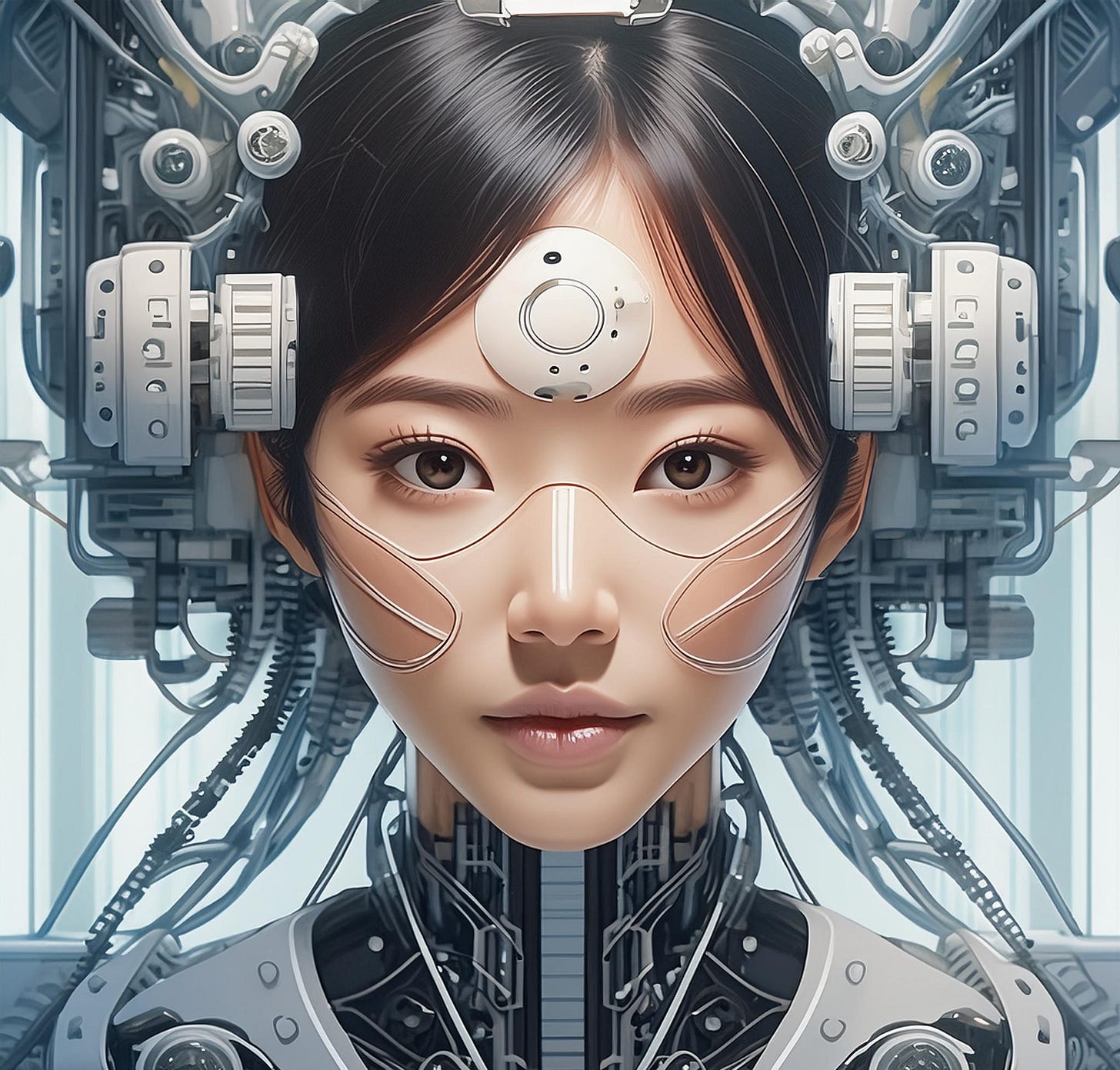Techno-Social Engineering: Why the Future May Not Be Human, TikTok's Powerful ForYou Algorithm, & More
Edition 19 | The grftf Newsletter
Hey friends -
In late 2022, I wrote the piece Will the Future Be Human? I discussed whether humans were becoming more like machines and referenced a study by Professor Brett Frischmann, Human-Focused Turing Tests: A Framework for Judging Nudging and Techno-Social Engineering of Human Be…


